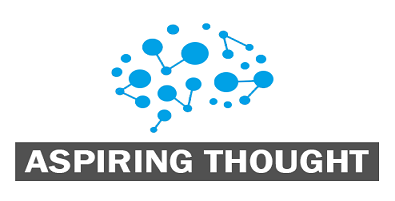It can be difficult to see a way out of financial struggles. A quick way to get a fresh start might be the solution you need if you are overwhelmed by debt.
The legal process of Chapter 7 bankruptcy helps individuals eliminate most of their unsecured debts. People with limited income and significant financial obligations can benefit from this type of bankruptcy.
This article will explain how Chapter 7 bankruptcy works, its benefits, and the steps involved in filing for it.
How Does Chapter 7 Bankruptcy Work?
Your non-exempt assets are taken over by a trustee when you file for Chapter 7 bankruptcy, and the proceeds are used to pay off your debts. Most personal belongings are protected by exemptions, so you may not lose a lot of property. After the liquidation process, any remaining eligible debts will be discharged, meaning you are no longer legally required to pay them.
Advantages of Filing For Chapter 7 Bankruptcy
Here are the advantages:
Quick Debt Relief
Chapter 7 bankruptcy has several advantages, one of which is the speed of the process. You can quickly pay off your debts and start over with the majority of Chapter 7 cases in three to six months.
Protection From Creditors
An automatic stay is put in place after you file for bankruptcy. This means that creditors must cease all collection actions against you, including phone calls, letters, lawsuits, wage garnishments, and foreclosures.
Elimination of Unsecured Financial Obligations
Credit card bills, medical bills, personal loans and some utility bills can be discharged in Chapter 7 bankruptcy. You can feel much better and regain control over your finances.
Conserve Vital Assets
You might sell some of your stuff to pay off your debts, but there are some essentials that aren’t sold. Your home, car, clothing, household goods, and tools necessary for your work can include these items.
No Repayment Plan
The Chapter 7 bankruptcy, unlike the Chapter 13 bankruptcy, doesn’t require a lengthy repayment plan. You can get rid of your financial obligations once your debts are discharged.
How To File For A Chapter 7 Bankruptcy?
Here is how to file for it:
Assess Your Financial Situation
Before you decide to file for Chapter 7 bankruptcy, evaluate your financial situation. Look at your income, expenses, debts, and assets. Chapter 7 is typically suitable for those with low income and high unsecured debts, who have low income and high unsecured debts.
Credit Counseling
An approved credit counseling program is required before you can file for bankruptcy. You can explore alternatives to bankruptcy by taking this course. It usually takes about an hour to complete, and can be completed online or over the phone.
Paying off debts
The court will issue a discharge order if there are no objections from creditors or the trustee. This order will eliminate your eligible unsecured debts and give you a fresh start.
Conclusion
A Chapter 7 bankruptcy can help you eliminate overwhelming debt and start fresh. Understanding the procedure, rewards, and steps involved will allow you to make an educated decision about whether filing for Chapter 7 bankruptcy is a viable option for you.
A bankruptcy attorney can provide valuable guidance and support throughout the process. The fresh start you need to regain control of your financial future could be found in Chapter 7 bankruptcy.




